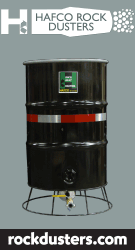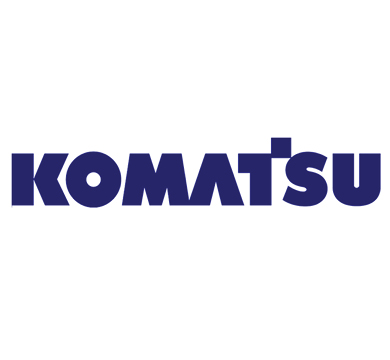Chinese Import Boom Set to Continue in 2018
Global Times reported that Chinese importers are optimistic about the prospects for 2018, following the strong growth seen in 2017. Mr. Shi Xinyu general manager of Yiwu Ziguang Trade Co in Yiwu, East China’s Zhejiang Province, told the Global Times that “Our business has grown in 2017, and we expect the growth to become stronger in 2018.”
Customs data showed showed that in 2017, China’s imports surged by 15.9 percent year-on-year to USD 1.84 trillion, a strong recovery after the 5.5 percent declines in 2016.
Exports also saw improved performance, with growth of about 7.9 percent on a yearly basis in 2017.
Mr. Bai Ming, a research fellow at the Chinese Academy of International Trade and Economic Cooperation, said that China’s stable economic growth has led to a rise in the number of commercial opportunities offered by Chinese companies to the rest of the world.
Besides, factors like the rising yuan, policy support and development in trade models have also contributed to the rising imports in China, Bai told the Global Times.
The yuan appreciated by about 6 percent in 2017, according to data from the People’s Bank of China, the central bank.
RISING COMMODITY IMPORTS
China’s surge in imports has been largely driven by the country’s increasing demand for commodities from foreign countries and regions. For example, China imported USD 162 billion worth of crude oil from overseas in 2017, up nearly 40 percent year-on-year.
China’s imports of natural gas also surged by 41.2 percent on a yearly basis to USD 23.28 billion, while imports of iron ore rose by 31.4 percent in terms of value.
An expert with the China Chamber of Commerce of Metals Minerals & Chemicals Importers & Exporters, who wished to remain anonymous, said that China’s demand for minerals has been surging since the end of 2016.
Mr. Shi added that “The rising domestic economy has led to greater demand for minerals, and this demand can’t be met just by domestic production, so imports have been rising,” adding that China has recently started to import some minerals that it used to export, such as some rare earths.
The expert noted that “China now has a relatively high reliance on overseas mineral imports, especially upstream ore.”
Mr. Zhang Zhibin, general manager of Shanghai Yonggang Commodities Co, a steel exporter and iron ore importer, told the Global Times that his company’s imports of iron ore were relatively stable in terms of volume in 2017, but the value surged a great deal because of the rise in prices. Mr. Zhibin said that “We are highly dependent on overseas iron ore, and have to import it regardless of changes in the price.”
Apart from commodities, imports of consumption goods have also risen in the past year. For example, imports of fruit surged by 8.8 percent on a yearly basis in 2017, the customs data showed.
Mr. Shi, the manager in Yiwu, said that the value of his company’s imports surged by about 50-60 percent year-on-year in 2017.
Mr. Shi told the Global Times that “Imports have been rising particularly sharply in the last five years, thanks to China’s flourishing consumption,” Monday, saying that he anticipated further import growth in 2018.
Source: Global Times
Be in-the-know when you’re on-the-go!
FREE eNews delivery service to your email twice-weekly. With a focus on lead-driven news, our news service will help you develop new business contacts on an on-going basis.
CLICK HERE to register your email address.























